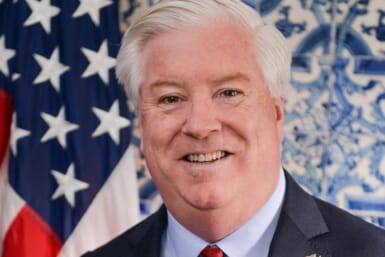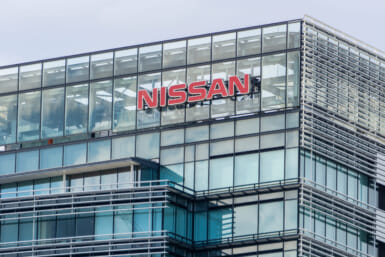Japan’s monopoly-dominated electricity market has prices among the world’s highest, causing widespread debate on power deregulation, Financial Times reports.
Japan’s electricity sector was partially liberalised a decade ago but only large users such as factories, office buildings, or hospitals have the right to choose their provider. Still, fewer than one in 20 large institutional customers favored independents. Tokyo Electric Power Company blocked plans to expand deregulation to households in 2005.
But the high cost of electricity from expensive fossil fuel imports following the Fukushima nuclear crisis revived the debate for the deregulation process. Tepco’s new president, Naomi Hirose, planned an 8.5% rate rise for residential users while its possible 17% corporate rate rise could seriously hurt the economy, the government estimated. Policymakers are now discussing splitting Tepco’s generation and distribution operations into separate companies to help ease prices.
Potential competitors including Marubeni, a trading company operating independent power plants outside Japan, plans to build a floating wind farm off the coast of Fukushima that could generate 1 gigawatt of power by 2020. Masayoshi Son also plans to build a network of commercial-scale solar energy generating stations across the country.









